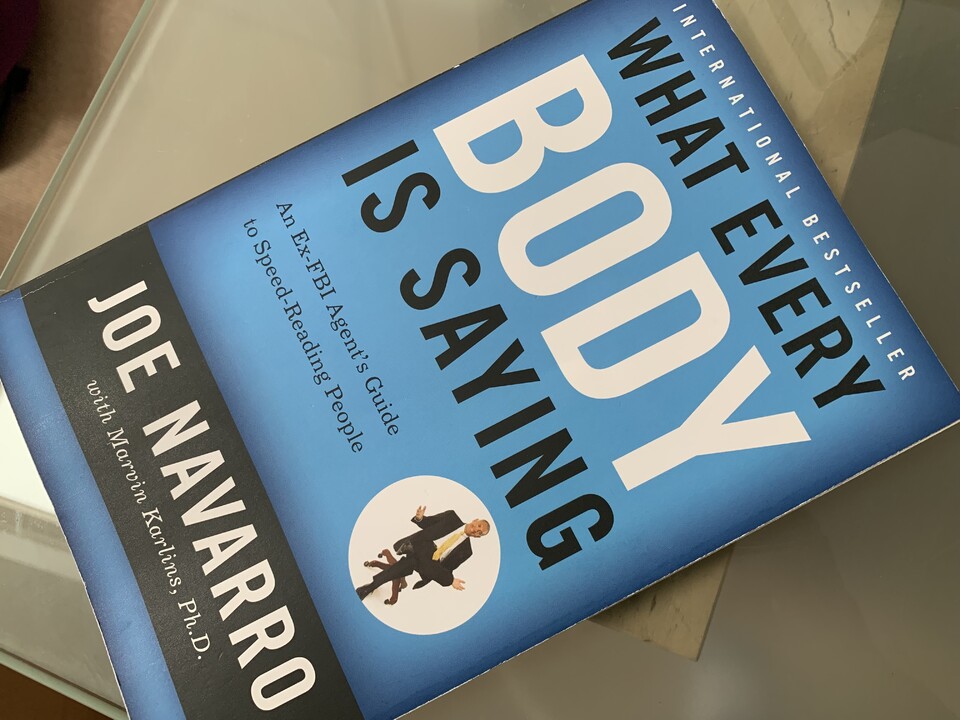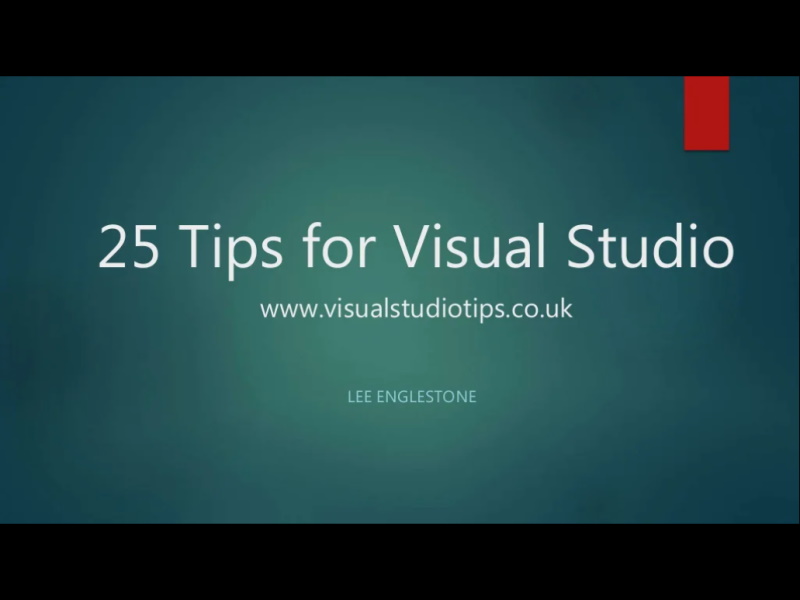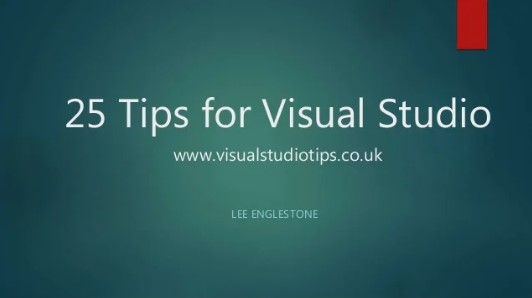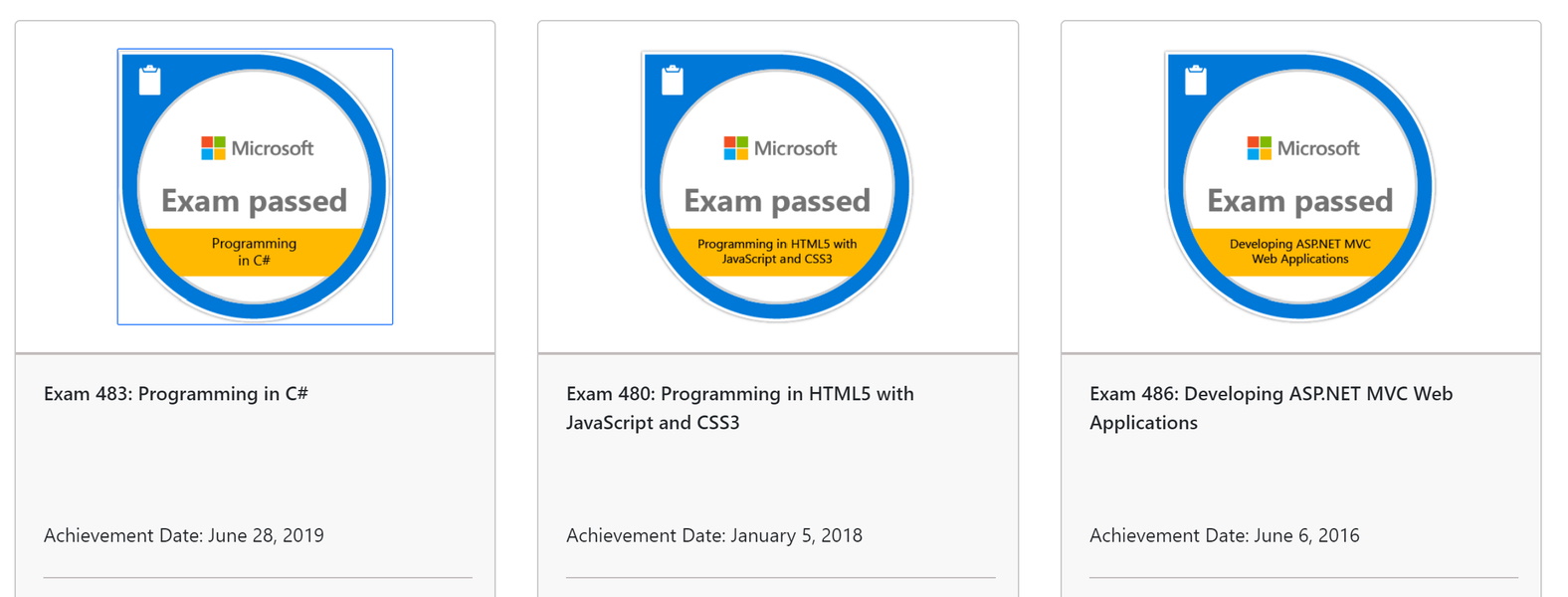Once you understand that only a small fraction of communication is verbal, learn that various bodily movements and gestures are involuntary, and why our bodies tend to make these involuntary actions, suddenly you can begin to largely infer what people are thinking without them even needing to speak.
That is my main take away from this book. What Every Body Is Saying by Joe Navarro.
Joe's book describes the reasoning and science behind why our bodies and limbic system are merely reacting to input in a way it has for thousands of years, in many cases in order to survive. In the same way it would if it feels threatened, elated or in danger. And how that translates into everyday interactions such as people freezing when they feel threatened or displays of comfort with our close relations.
These days social acceptance is just as important to our continued survival and success, and Joe discusses why we as social animals act the we way we do around people including how we stand and position ourselves in relation to them and how we employ things like Isopraxism (mimicry), show our vulnerable sides (fronts, neck etc) when we are comfortable with people or adopt a guarded appearance (crossed arms/legs/squinting) when we are blocking people or information. As well as what we do/how we react when we hear information we do or do not like. It's all in here.
I like the way he discusses what he believes to be the most honest parts of the body first (the feet/legs) and only later discusses what we might think are traditional indicators of non verbal communication (hands & faces). This is because we practice being in control of how our face looks every day in order to not give away advantages or our thoughts, but not our legs and feet! You can quickly see why he has given advice to poker players in the past!

I like Joes writing style, which I find very easy to read. He describes how we broadcast both signs of comfort and discomfort as well as stress for everyone to pick up on if they know the signs to look for. It turns out, knowing if someone is comfortable or uncomfortable is not only useful for an ex FBI Agent but equally valuable in business and inter-personal communication.
He draws from his experience as an FBI Agent to give examples of how being able to identify deception and stress indicators helps get better information from suspects as well as witnessing changes in confidence by jurors and attorneys during trials based on their gestures and body language. Most indicators by the way being almost universal for everyone and even some animals.
I found other great takeaways from this book, particularly around building trust.
For example, did you know that we are immediately suspicious of anyone whose hands we cannot see? This comes from our past and determining whether someone may be holding a weapon or meaning to do us harm. But fast forward to modern day - hiding our hands under a table causes the same suspicion in the workplace, even if not consciously. This one fact (of which there are many in the book) has caused me to always try to have my hands visible in video calls - it instils trust.
And to be honest there are a lot of takeaways from this book that can be useful in all our daily video calls.
I continue to enjoy learning more about non-verbal communication and will see what non-verbal communication learning material there is in Avanade's eLearning platform "Avanade University" as I've never encountered an organisation so intent on developing its employees.
If you want to learn more about what it is like to work at Avanade or are interested in joining, please get in touch. I'm told there is a generous referral scheme! 🤣.

This book has opened up a whole new dimension of information to me and I've enjoyed it immensely. I'd go so far as to say that this book has potentially earned a spot in the top 10 of my all time favourite books.
If you want a better glimpse into what others are thinking, I recommend this great book by Joe on Body Language.
By the way, I am giving a short talk on non-verbal communication, specifically analysing faces with and without code on August 5th in case you are interested.

Take care.
-- Lee
















